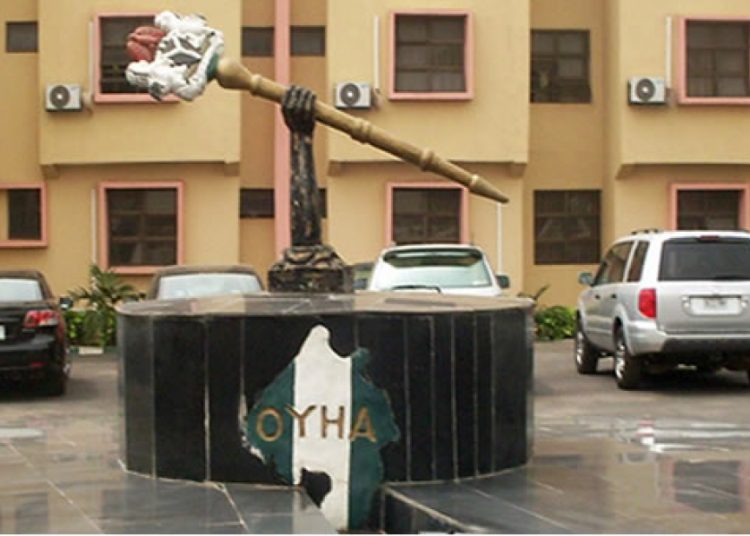In line with the promise of Engr Seyi Makinde shortly after taking oath of office as the Governor of Oyo state to domesticate the anti-graft agency and wage total war against corruption and financial impropriety, the Oyo state house of Assembly has passed the state anti-corruption agency bill into law.
The bill was passed during Tuesday’s plenary presided over by the Speaker, Hon Adebo Ogundoyin
This followed the third reading Abd presentation of the report of the Committee on Public Account, Finance and Appropriation read by its Chairman, Hon Kehinde (Akinyele 2)
Speaking on the eventual passage of the executive billinto law, the Speaker said the anti-cortuption agency was aimed at controlling and regulating finances as well as preventing corruption among not only among the political office holders but also among public servants and other residents of the state.
Hon Ogundoyin said when fully operational, the anti-graft agency in the state will assist in attracting more local and foreign investors to the state as they will be willing to partner Oyo state.
He added that the new law will also help in presenting Oyo state Government as a transparent administration and one with zero tolerance for corruption
The Speaker said “The law establishing the agency has been so designed in a way that will not hinder or duplicate the activities of federal ant,-graft agencies including the EFCC Abd ICPC but will further complement their activities to completely rid Oyo state of corrupt tendencies and practices”
“If Governor Seyi Makinde could promise to present himself for probe by putting aside his immunity in case of allegation of impropriety, then the people of Oyo state and indeed Nigeria should be convinced of the readiness of the PDP led Government in the state to run a transparent and corrupt free administration” Hon Ogundoyin added.
It will be recalled that before the passage of the anti-corruption agency law, the house Committee on Public Accounts, Finances and Appropriation conducted a public hearing where opinions and submissions of different stakeholders were received, collated and thoroughly scrutinized and considered.












